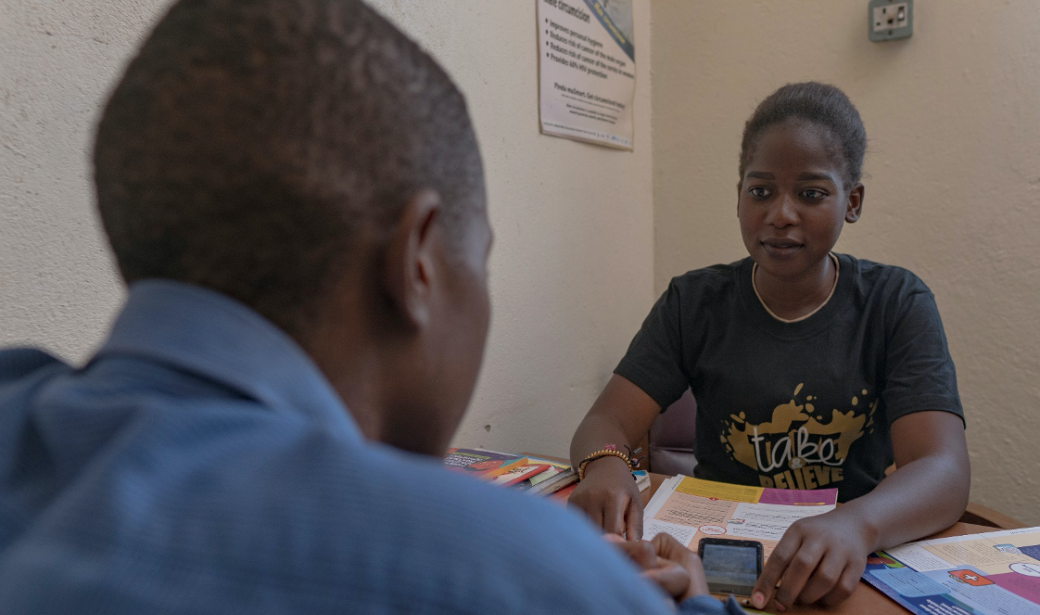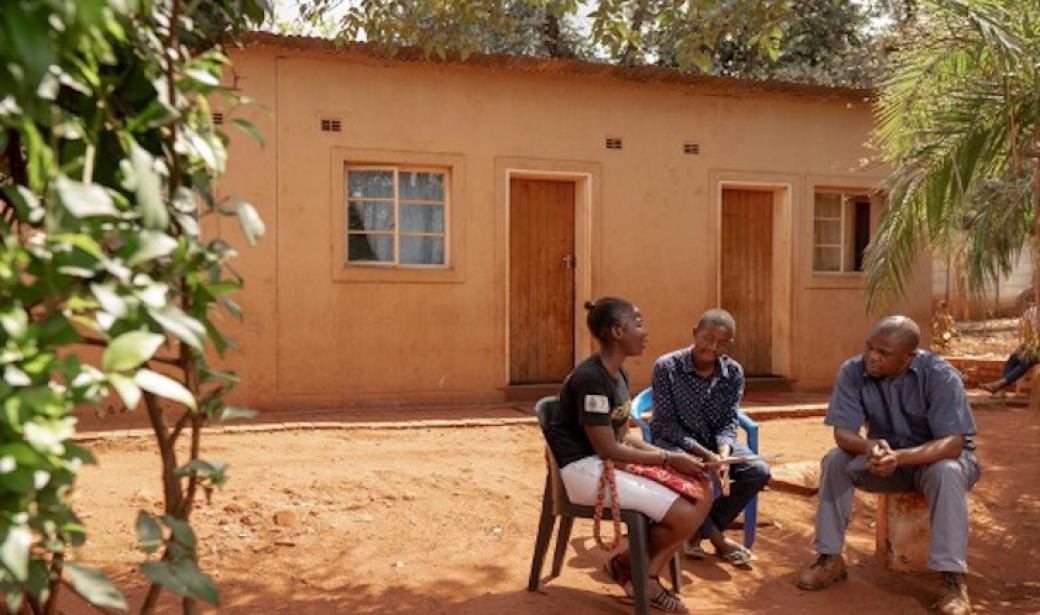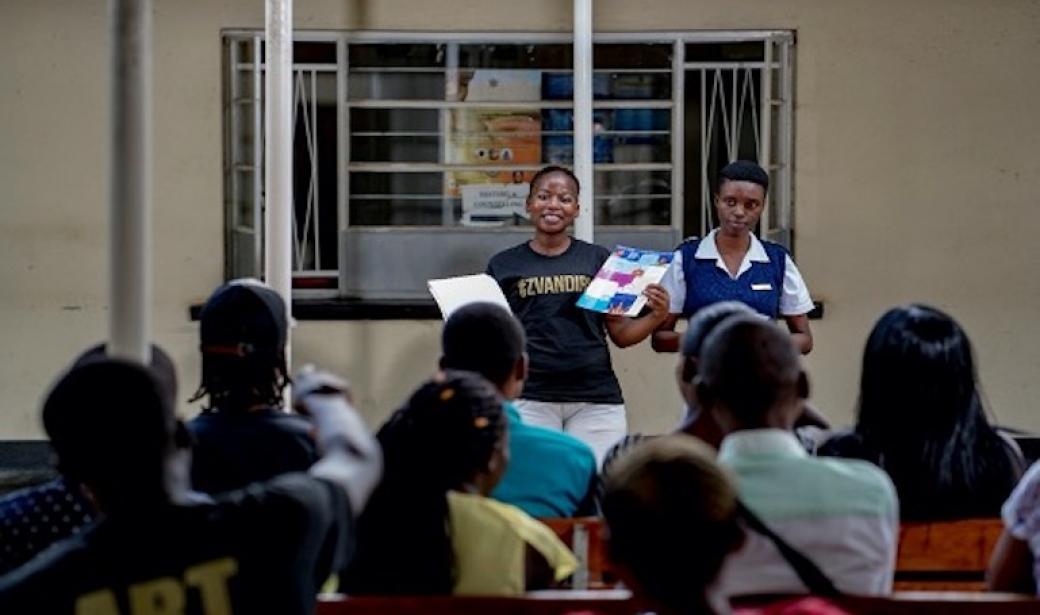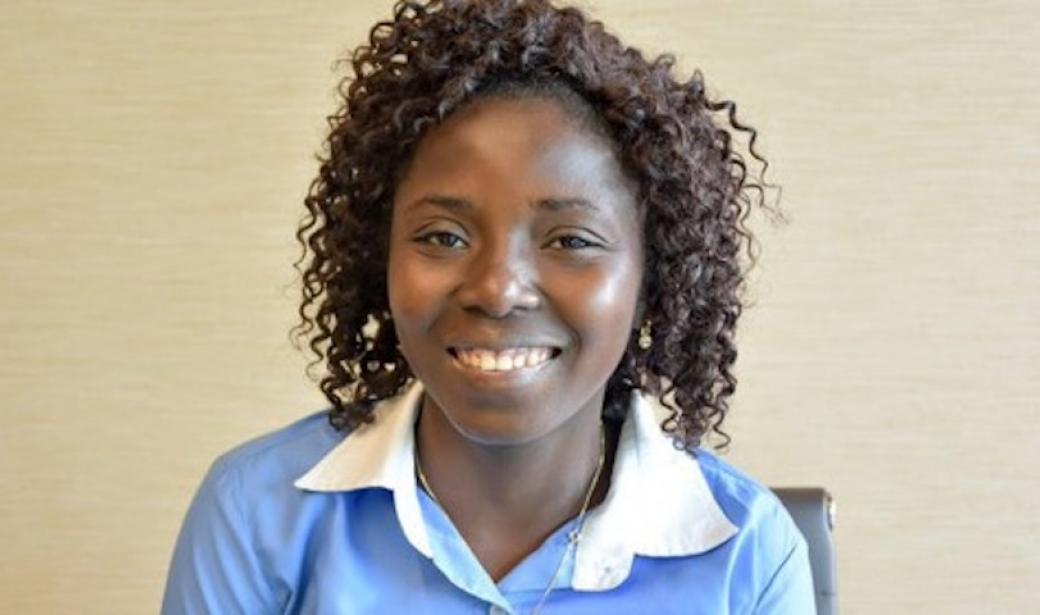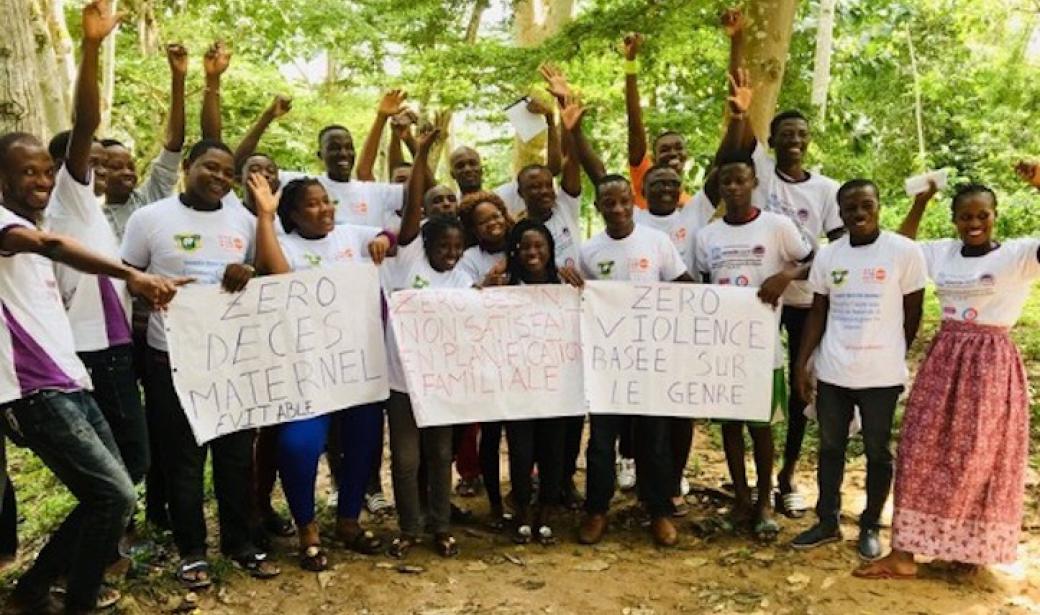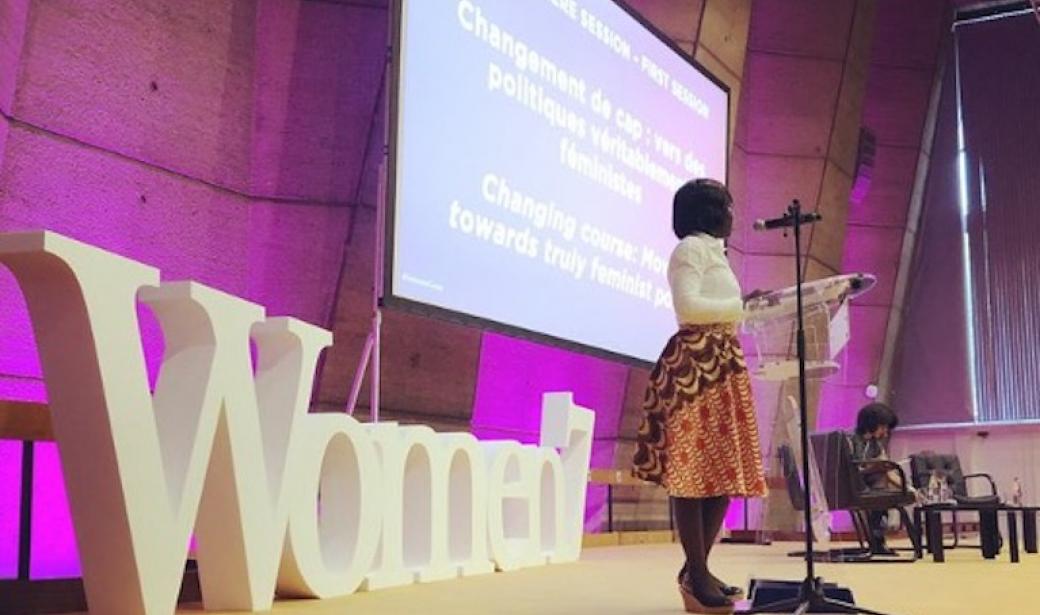During this year’s International Women's Day, the world is celebrating the occasion under the theme “I am Generation Equality: Realizing Women's Rights”. It is an opportunity to reflect on progress made, call for change and celebrate women who are playing a critical role in their communities and in the world.
We feature two women, one from Cote d’Ivoire and another from Zimbabwe, who are doing remarkable work in helping young people gain access to critical health information and services. Vimbai, a young woman from Zimbabwe’s eastern Marondera city, is working with adolescents living with HIV to ensure they receive care. Nearly 1.5 million (89%) of the 1.6 million adolescents living with HIV globally live in sub-Saharan Africa.
In Cote d’Ivoire, 28-year-old Ephrasie Coulibaly Kambou heads a network of youth activists who were part of a campaign that has led the country’s Ministry of Health to issue a directive on free family planning services to adolescents. Adolescent pregnancy and birth is associated with very high mortality and morbidities. 62% of unsafe abortion-related deaths occur in Africa.
Here are the portraits of the two champions.
WHO Regional Office for Africa
Acting Regional Communications Manager
Email: ottob [at] who.int (ottob[at]who[dot]int)
Chargée de communication en appui aux pays francophones
Bureau régional Afrique de l’OMS
Email : asekpon [at] who.int (asekpon[at]who[dot]int)



